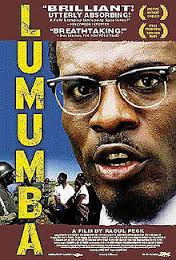Typical of Wong Kar-Wai's films, this film (1997) lacks any real narrative beyond a gay pre-handover Hong Kong couple seeking to invigorate and renew their rocky relationship with a vacation to Iguassu Falls in Argentina. Ho Po-Wing (Leslie Cheung, poster left) and Lai Yiu-fai (Tony Leung, narrator, poster right) exhibit a pattern of abuse followed by break-ups and reconciliations. Ho is self destructive and cannot maintain a monogamous relationship. Unfortunately, they run out of money and cannot return, getting odd jobs in Buenos Aires. The Turtles' classic 1967 "Happy Together" plays over the credits, covered by Danny Chung. Clearly the title is sarcastic at best. But it has another meaning.
We learn later that Lai had stolen money from his father to finance the trip. He writes his father to pay it back. These acts of reconciliation between past acts and the present time underpin the second meaning of Happy Together.
Ultimately, Lai visits the waterfalls before returning to Hong Kong. The opportunity to renew their love in an exotic local is a youthful fallacy. Stephen Holder (NYT, 10/10/97) observes that Elizabeth Hardwick in her book Sleepless Nights, opined "When you travel, your first discovery is that you do not exist." The movie is pervaded by the sense of isolation when you travel. At one point Lai narrates "I understand he can be running around because he has a place he can return to," in regards to his friend Chang. The implication is that Ho and Lai do not.





